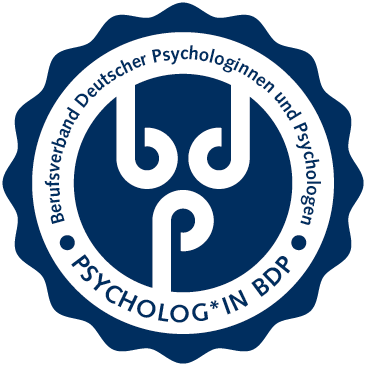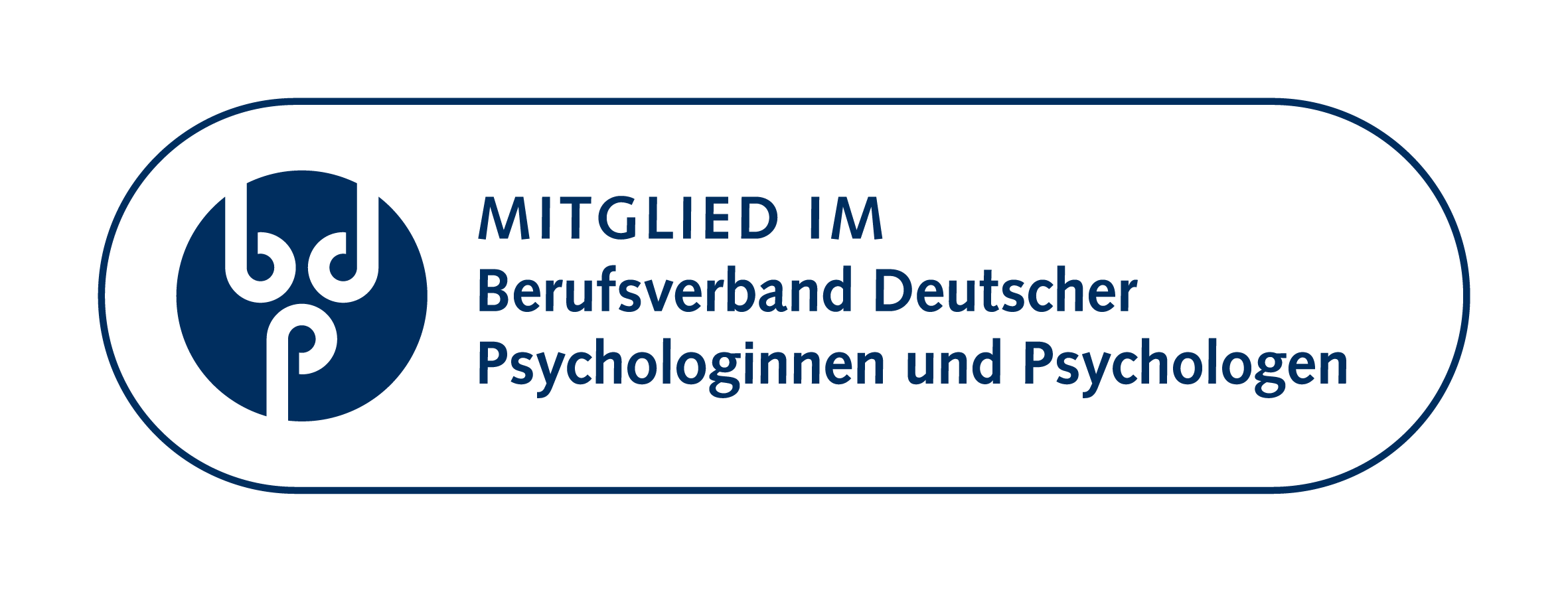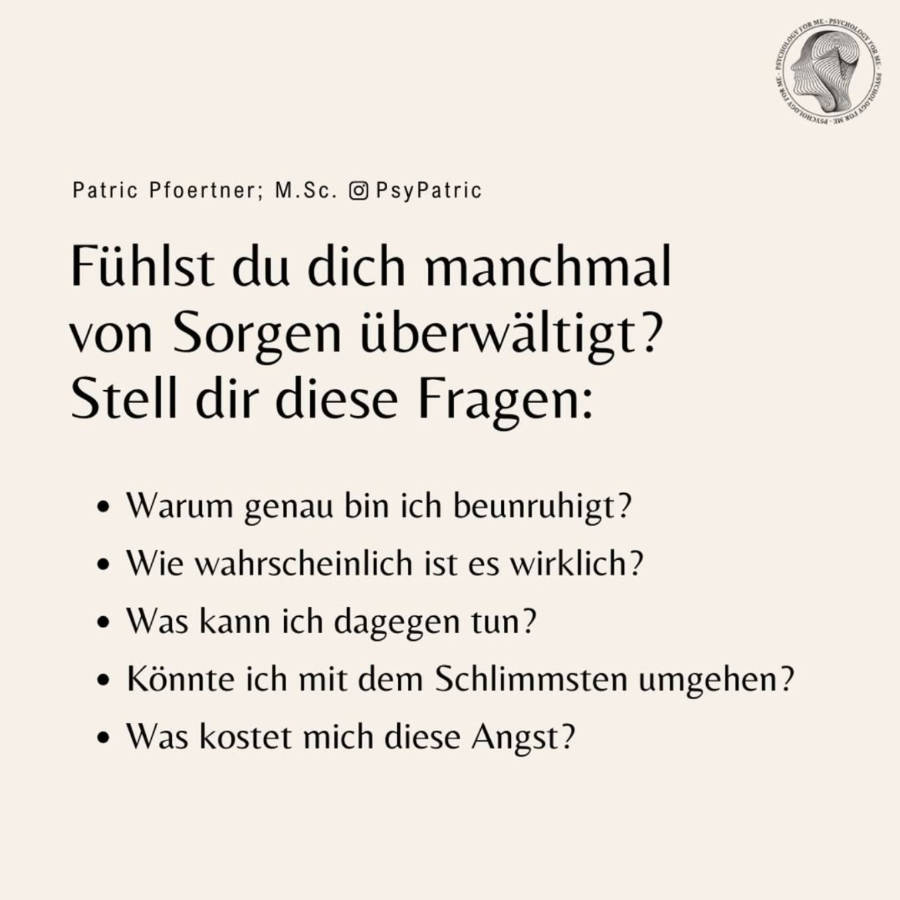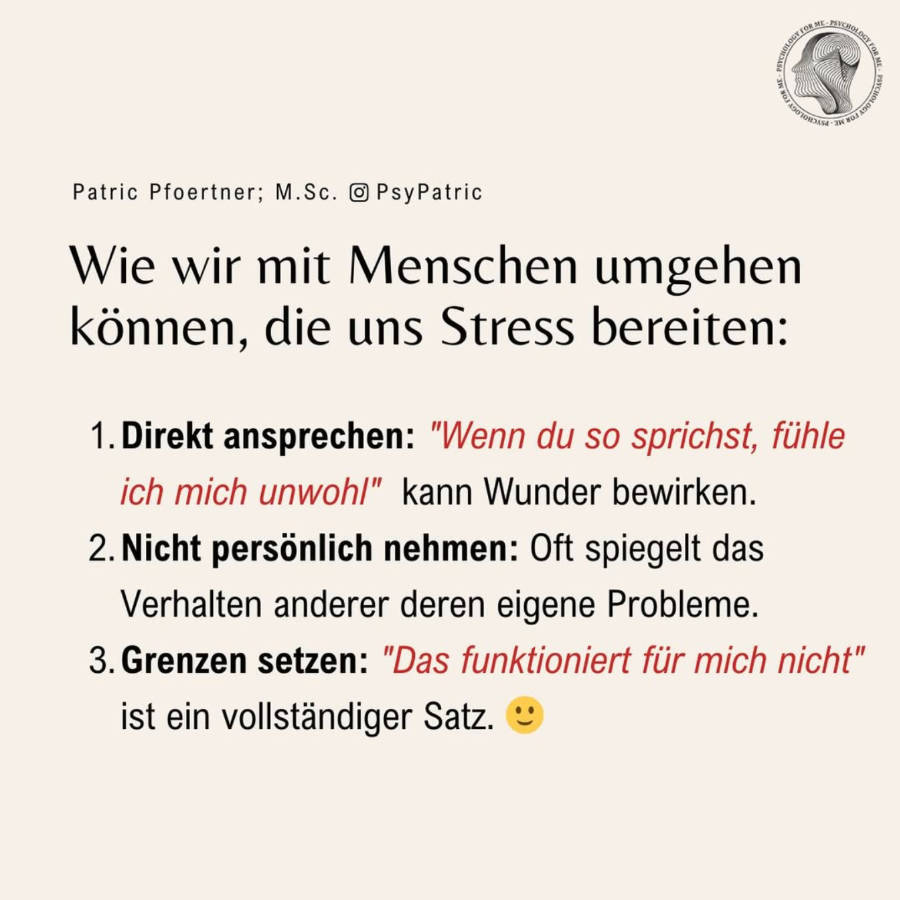Navigating Your Midlife Journey: Understanding the 'Midlife-Test'
As a professional psychologist, I often encounter individuals who, in the midst of their lives, begin to question the very foundations they've built. This period, often referred to as a 'midlife crisis,' is more accurately understood as a profound midlife transition. It's a natural time for self-reflection, re-evaluation, and often, a deep yearning for something more meaningful. If you're feeling a sense of unease, restlessness, or a subtle dissatisfaction, know that you are not alone.
Many common questions arise during this time. Let's address some of them:
What exactly is a "midlife crisis" or, more accurately, a "midlife transition"?
The term 'midlife crisis' often carries a dramatic connotation, but a 'midlife transition' better describes this period. It's a normal developmental stage, typically occurring between ages 35 and 60, where individuals often take stock of their lives, achievements, and future paths. It's a time of introspection, where past choices might be re-evaluated, and a stronger desire for authenticity, purpose, and personal meaning often emerges.
What are the common signs that I might be experiencing this?
Signs can vary widely, but often include a sense of unfulfillment in work or relationships, feeling a lack of motivation, or a pervasive feeling of monotony in daily life. You might find yourself frequently questioning if life has more to offer, searching for deeper meaning, or even asking, "Who am I truly?" There can also be a feeling that your 'best years' are behind you, or a sense of being confined by your routines. It's less about a sudden breakdown and more about a gradual realization that current circumstances may not align with deeper values.
Is it normal to feel this way during midlife?
Absolutely. It is very common to experience these feelings. Life stages bring different challenges and opportunities for growth. Midlife is often characterized by significant changes – children growing up, career plateaus, aging parents, and a heightened awareness of one's own mortality. These external factors naturally prompt internal reflection. It’s an opportunity to redefine success, happiness, and purpose on your own terms, rather than living by external expectations.
What can I do if I resonate with these feelings?
Firstly, acknowledge your feelings without judgment. This period of reflection can be incredibly valuable for personal growth. Consider exploring new hobbies, reconnecting with forgotten passions, or reassessing your priorities. Open communication with trusted friends, family, or a partner can also provide support. For deeper, more persistent feelings of dissatisfaction, unfulfillment, or overwhelming emotions, seeking professional support from a psychologist or therapist is highly recommended. They can provide guidance, coping strategies, and a safe space to explore these complex emotions.
How can the "Midlife Fulfillment Self-Assessment" help me?
This self-assessment is designed as a starting point for self-awareness. It offers a structured way to reflect on various aspects of your life that commonly come into focus during midlife. While it cannot provide a diagnosis, it can:
- Identify areas where you might be feeling unfulfilled or seeking change.
- Encourage initial introspection into your current life satisfaction and purpose.
- Serve as a prompt for further personal exploration or discussion with a professional.
Remember, this test is a tool for self-reflection, not a definitive diagnosis. Your journey through midlife can be a powerful opportunity for growth, transformation, and rediscovering joy and purpose. Embrace the process, and don't hesitate to seek support if you feel overwhelmed.
























